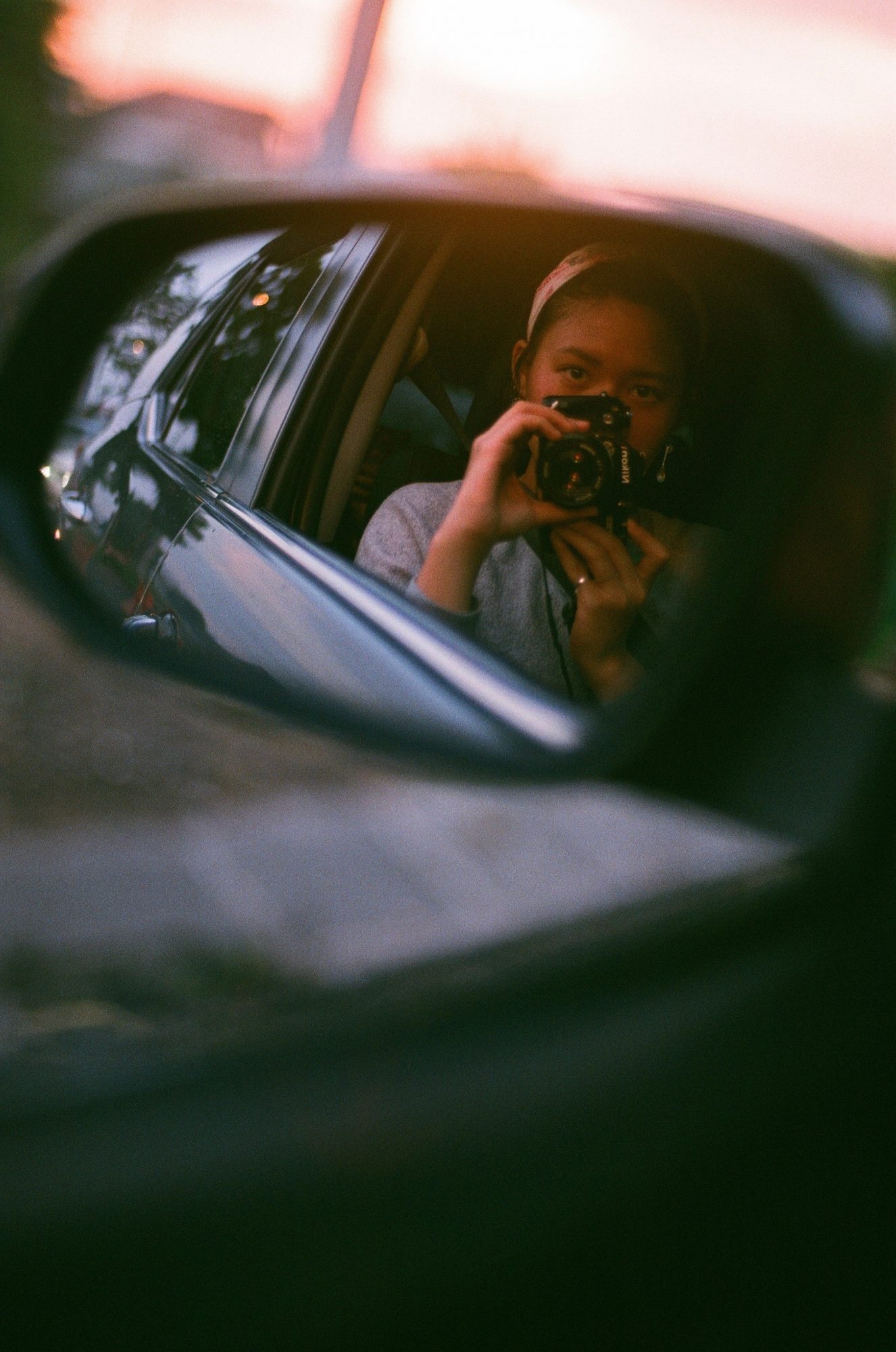

Today we’d like to introduce you to Deaniera Wibisono.
Hi Deaniera, please kick things off for us with an introduction to yourself and your story.
I suppose I’ll start with my greatest accomplishment, something I actually had no say in, I was born Indonesian. Often, people know Indonesia for Bali, paradise island. Other than that it’s a developing country in Southeast Asia with a predominantly Muslim population. Our food is spicy. Our biodiversity is impressive. And on top of monsoon season, we are frequented by tsunamis, earthquakes, and volcanic eruptions. Like many colonized countries, we are still finding our way. I grew up around religious demonstrations, blatant corruption, dictators, forging, stealing, bribing, and con-artists. To escape this reality, my parents brought me to the movies, or, better yet, the bootleg DVD store where one CD was fifty cents. I’d spend my entire allowance on illegal recordings of the newest release. I think if I counted the amount of books and bootleg DVDs I had, it’d even up. So, home was split into two worlds: consumption of mass media entertainment and stories of my crooked country. School was the only place that had rules. I went to an international school complete with AP classes, Harry Potter books, and ex-pats from all over the world. You learn English better than your own language, you learn more about global history than your own, you learn that the only way to go up is to get out. Capitalism, the patriarchy, the Western world, call it what you like, but for a period of time, whether I knew it or not, they stole my identity from me, as with many third-world country children. That’s a lot of worlds to balance for a kid, it does a number on your identity. Did I notice all of this growing up? No. But in retrospect, now living in LA, life’s a little less interesting than it used to be. I spent my undergrad years in NYC, studying film production at Tisch. The winter made me confess that I’m an island girl, through and through. And now I’m in the screenwriting MFA at AFI, every next feature I write humbling me more and more. Although, none of that is important. I got here by learning to love where I come from and letting that shape how I express my art. I pitch scripts about the thieves I know from home and the thieves I met in New York, you come to realize that all the world’s a heist. That’s where I started, that’s where I am now, and that’s what I do– I write heists.
We all face challenges, but looking back would you describe it as a relatively smooth road?
There have been many, none so rare. The usual moving from Indonesia to the US culture shock, the many conversations with parents on a career in the arts, the identity crisis of being too Western in an Eastern country and not American enough here. I think the biggest and still ongoing struggle is believing in your worth as a filmmaker. Going to NYU and being surrounded by people who grew up around a film culture, and having the resources to support them as filmmakers from a young age, it’s inspiring but also discouraging. It always feels like there’s a lot of catching up I have to do. There is a very small, though growing, film industry in Indonesia. But I didn’t grow up with Scorsese or Spike Lee, I didn’t know about Cannes, or Berlin, or Venice. The films that spoke to me as a kid or even now aren’t the same ones they teach in school. Even if there are a lot more POC-centered films now, there’s still a gap in accessibility. When your views are so different and only starting to form, it’s difficult to find your footing amongst your peers. It’s an interesting balance of being open to decades of cinematic knowledge, setting out to make it your own, and challenge preconceived notions.
Thanks – so what else should our readers know about your work and what you’re currently focused on?
I write heists. I have a small, unproven theory that every film is a heist film. In the same way that every story is a love story or every story is a coming-of-age story. One simply has to expand the idea of a heist. In a romcom you can steal a heart or in a horror/tragedy/thriller you can steal a life. In a script, you have three acts: the thesis, the antithesis, and the synthesis. By definition, if act one is the normal world, in act two you have to enter a new world where rules must be broken to gain the objective. That sounds like a heist to me. If anything, we live in a capitalist world, systematically we’re always heisting. I’m oddly most proud of this theory, it encompasses what I love about stories: characters that live in the grey. I think the specificity of the genre I work in sets me apart, I find that this set of elements and time-tested devices allows a certain universality to breathe into the genre.
Are there any important lessons you’ve learned that you can share with us?
Notes! Don’t take them all, don’t overthink them all, don’t apply them all. Always listen to them, appreciate them, fathom how to apply them, and then thank those who gave them to you. But never compromise your vision, be confident in your experiences, and validate your own opinions. Don’t get me wrong, you must do your research and put your work in, but only you can tell your story in your voice. Instructors and friends will mean well and help the best they can. Screenwriting competitions will never reply, and many people will ask for your scripts and never read them. Receiving notes diplomatically while putting your foot down is an important skill they don’t seem to teach you. The pressure of pleasing everyone really gets to you, but really people are just looking for creatives that stand by their visions, someone to lead. I think remembering that is important.
Contact Info:
- Instagram: https://www.instagram.com/deanierawibisono/
- Linkedin: https://www.linkedin.com/in/deaniera-intan-wibisono/















